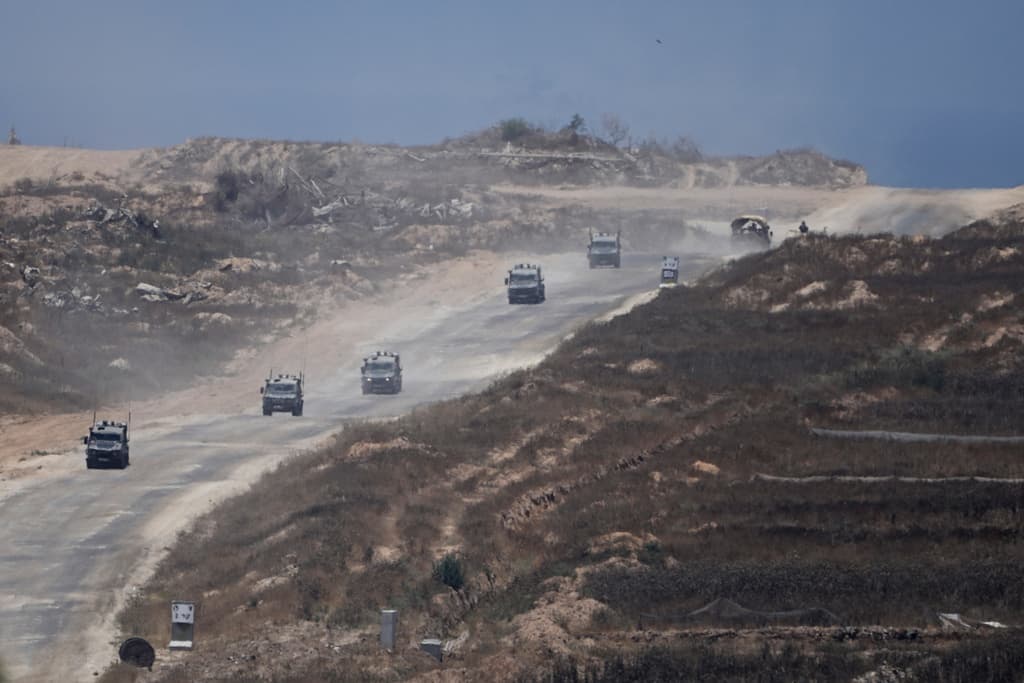Hamas sets new counter-demands in the negotiations for a ceasefire – and seeks clearer guarantees for a long-term truce.
The parties continue to blame each other. The talks continue.
According to the USA, Israel has agreed to the ceasefire proposal on the table. But from an Israeli perspective, it's quiet, Hamas emphasizes.
"He (USA's Foreign Minister Antony Blinken) continues to talk about Israel's approval of the latest proposal, but we haven't heard any Israeli representative say this outright," the terrorist-stamped movement announced late on Wednesday evening.
The plan for a ceasefire was presented by the US government on 31 May and was adopted earlier in the week as a resolution in the UN Security Council.
Seeking clear guarantees
From Hamas's side, it was said early on that they accept the proposal, and the movement gave an official response on Tuesday. But then they added several new conditions, according to information from the USA and other mediating countries.
The additions made by Hamas aim to guarantee a more permanent ceasefire and the complete withdrawal of Israeli forces from the Gaza Strip, says Hamas spokesperson Jihad Taha to Lebanese Elnashra.
Hamas wants, among other things, written guarantees from the USA for a permanent ceasefire, reports Reuters, citing two sources in mediating Egypt. Sources say it's about ensuring Israel cannot simply dismiss the agreement once the hostages are released.
An anonymous Hamas leader tells the news agency that they are also demanding the lifting of the Israeli blockade of Gaza and the release of 100 Palestinians from Israeli prisons.
There have been no significant additions that Hamas leadership sees as something to object to, says the representative.
"End to the haggling"
In Israel, Prime Minister Benjamin Netanyahu is being shaken by opposition leader Benny Gantz's departure from the country's coordinated war cabinet. Regarding the ceasefire proposal, Netanyahu has been keeping a low profile in recent days.
Israeli sources make it clear to domestic media that the Israeli government views Hamas's demands as the movement effectively saying no to the original proposal. But the negotiations are said to be able to continue.
Several of Hamas's counter-demands are of a minor nature, according to the US government. Others are more far-reaching and less feasible, said US Secretary of State Antony Blinken in Qatar's capital Doha on Wednesday:
The longer this goes on, the more people will suffer, so it's time to put an end to the haggling now.
The ceasefire proposal on the table consists of three phases.
The first phase lasts six weeks and involves a complete ceasefire, the withdrawal of Israeli forces from "all populated areas in the Gaza Strip", and the exchange of a number of hostages for hundreds of Palestinian prisoners.
Phase two is dependent on the parties first agreeing on "necessary arrangements". But if so, it would mean a permanent end to hostilities, the release of all remaining living hostages, and the complete withdrawal of Israeli forces from the Gaza Strip.
In the third phase, the remains of hostages who are no longer alive will be returned, and a comprehensive reconstruction plan will be launched.






